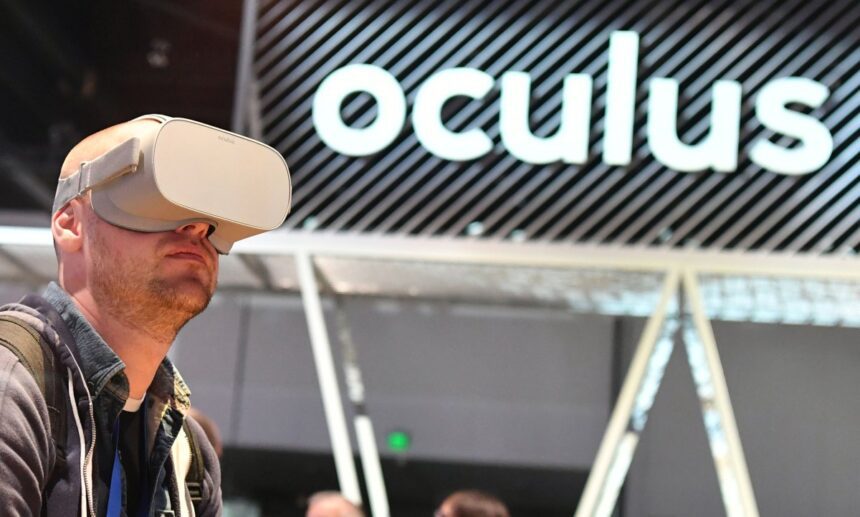Time Magazine annually compiles a list of the 200 best inventions of the past year, a challenging task due to the rarity of groundbreaking innovations. The Oculus Rift prototype, resembling a makeshift ski mask, showed promise over a decade ago. Despite Meta’s (formerly Facebook) $2 billion acquisition, the VR headset has not revolutionized our world as anticipated.
Meta’s CEO, Mark Zuckerberg, envisioned the Oculus Rift as a transformative communication platform, likening it to past tech marvels like computers and smartphones. The concept of the metaverse, portrayed as a reality Facebook had seized, was central to Zuckerberg’s vision.
Despite Meta’s rebranding to “Meta” and emphasis on the metaverse, the company’s defined vision has remained vague, leaving many skeptical of its intentions. The quest for a profitable metaverse has led Meta to invest heavily, with its metaverse division reportedly losing $42 billion between late 2020 and early 2024.
Meta’s strategy includes selling its Quest headsets at a loss to drive adoption and expand its user base. By dominating the VR headset market and positioning itself for mixed reality’s future growth, Meta aims to solidify its foothold in the industry.
Competitors like Apple entering the VR space with products like the Vision Pro validate Meta’s ongoing efforts. The pricing and target markets for these products differ significantly, with Meta focusing on affordability and mass adoption while Apple gears toward premium business clients.
As the VR landscape evolves and technologies like the Vision Pro emerge, the ultimate impact on our daily lives remains to be seen. Virtual interactions during the pandemic have reshaped human connections, but mainstream VR adoption has yet to materialize fully.









